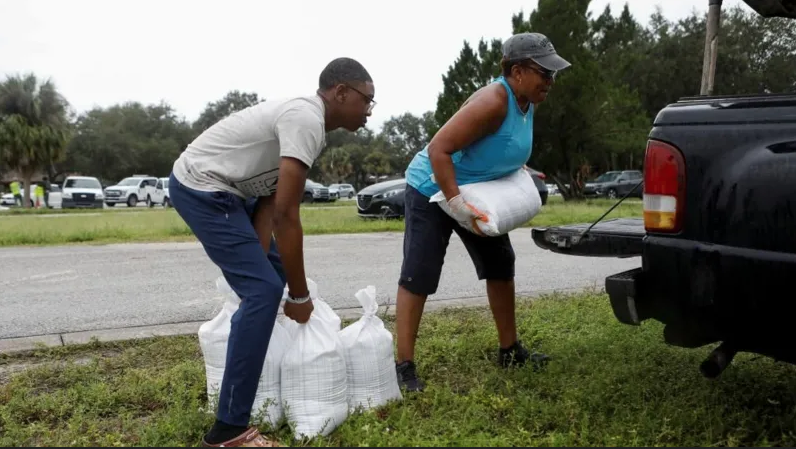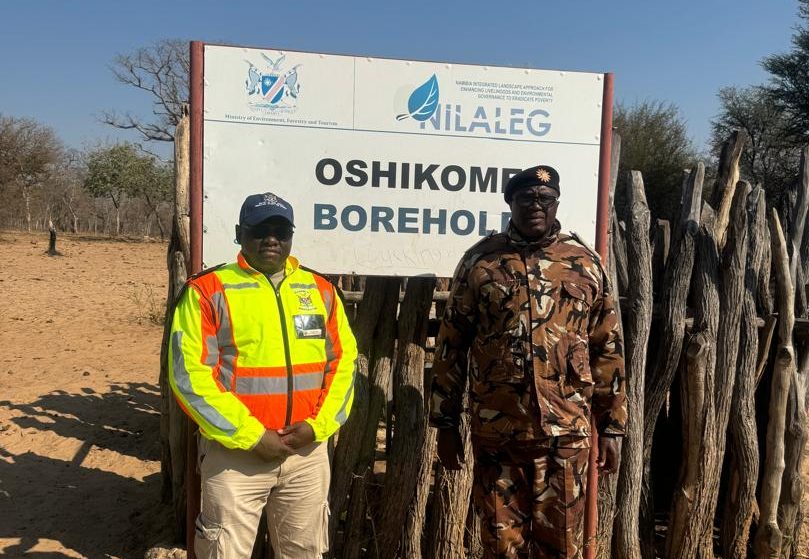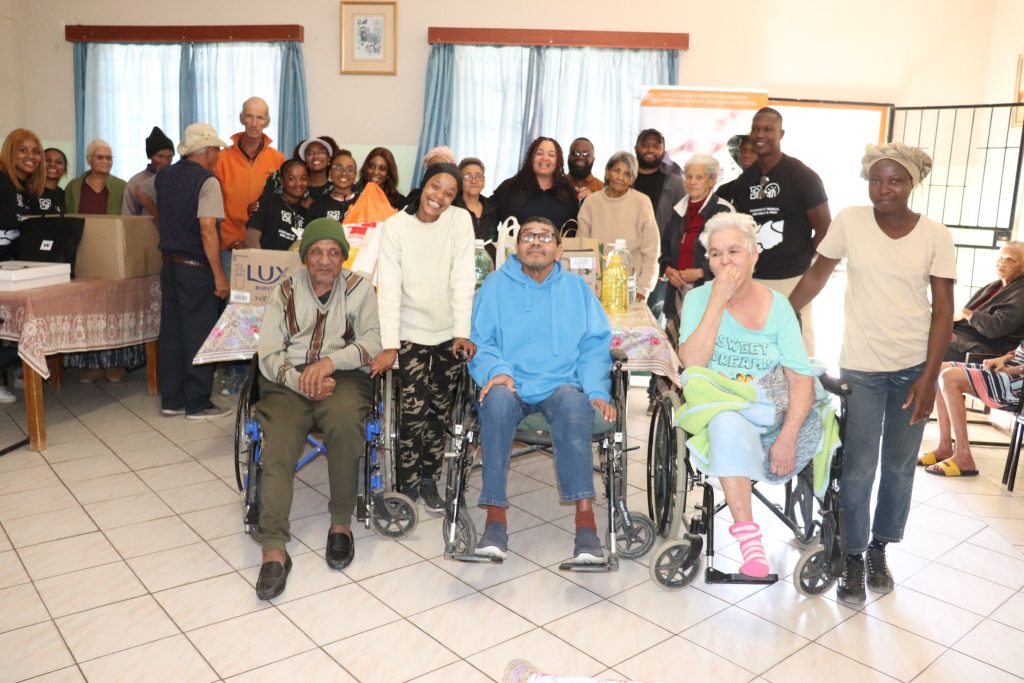From Dreads to Debates: A Day in the North
Written by on July 9, 2024
It’s a wintry Saturday morning but the North is not too cold.
As a bachelor, I realised I was out of bread for breakfast so I quickly headed to Gwashamba Mall to grab some groceries.
On arrival, I noticed two young ladies in miniskirts ahead of me, and I chuckled. “These two would not be allowed at the University of Namibia,” I thought to myself.
Then, I saw my reflection in a shop window and realised that with my dreads I too would be out in the cold.
It is interesting how some universities focus on less important things like dress codes and hairstyles. Imagine being barred from university because of dreads while your lecturer wears a wig to class.
I for one believe hairstyles are a significant aspect of a person’s cultural, religious and personal identity.
Banning specific hairstyles is culturally insensitive, and universities ought to promote diversity and inclusion.
In the afternoon, I visited my grandmother at her homestead.
The house was unusually full. Then I remembered, schools are on holiday. All my aunties and cousins had sent their bundles of joy to granny.
Even though most of them barely recognised me, they rushed to me, calling “Uncle! Uncle!” and trying to grab the bags of groceries I had brought for granny. I asked them their names.
Unsurprisingly, three of the boys had the same name.
You can almost guess what that name was. Yes, you’re right: Junior! The others were Lovely, Luciano, Leonardo, and Leotie.
I was surprised that none of the names were Oshiwambo even though their parents are Ovawambo.
However, that’s what we name our children as young people, thanks to Google and Netflix.
Still, I couldn’t help but wonder if we are slowly losing our identity as Ovawambo or Africans by embracing Western names.
Not wanting to stress myself with a lot of thoughts, especially when I was about to see my granny, I quickly diverted my thoughts and asked, “M’kwanaifeta omo eli?”, basically asking if granny was home.
The children looked puzzled and asked, “Uncle, what is that?” For a moment, I thought they were just being ‘mbwitis’, but as the conversation continued, I realised they didn’t understand Oshiwambo.
Granny recognised my voice and called out to me from under a tree where she was lying for shade.
Another bundle of joy was lying next to granny playing with her soft skin. His name is ‘Greatest’.
Granny did not look too pleased and I asked what was going on. Laughing, granny responded, “Omunhu ou keshi Oshiwambo.” (This person doesn’t understand Oshiwambo.)
Because of the language barrier, to granny, Greatest was a bundle of annoyance rather than a bundle of joy.
I asked Greatest why he could not speak Oshiwambo, and he said they don’t teach it at his school. I realised that the professor actually has a point.
There is a need to make indigenous languages a requirement in all schools.
I kept reflecting on how crucial it is for individuals to be fluent in or at least understand their mother tongue.
I even considered how indigenous languages could potentially become extinct if we don’t take steps to preserve them.
If Greatest, whose parents are Ovawambo, could not understand Oshiwambo but could fluently communicate in English, it basically means that if schools don’t teach indigenous languages, we will have a generation of children who can’t speak or understand their mother languages.
DOWN AT THE PUB
Back in Ondangwa, I felt enlightened after visiting granny but could barely stand the scorching heat. It was three days to payday and I had nothing in the fridge except water.
I decided to spend my last N$100 on a cold drink at my favourite pub and catch up with friends. It had been a while since I was last at the pub. I got there, and it was the same old setting.
There were three young men sharing a bottle of Castelo wine.
Without even greeting me, one shouted, “Ninga Sponono, mukwetu maan!” (Basically telling me to buy him a bottle of Castelo).
On a different day, I might have felt offended, but having just visited my granny, I didn’t mind. Instead, I told him how broke I was and promised to buy him a bottle next time.
On my left, a group of other young people was playing cards, listening to an uncle, who looked intoxicated, telling them to give him their CVs for some apparent job openings at his workplace.
I could also hear another debate going on, so I moved my chair closer. With elections just around the corner and voter registration ongoing, my first guess was they were probably discussing that.
To my surprise, they were debating polygamy. Shimbungu, or ‘Mbungus’ as his peers called him, who can barely sustain himself and his children from multiple baby mommas, kept shouting, “Fyee otwa hala oPolygamy!” (We want polygamy).
Out of the blue, a young woman sitting next to him, probably tired of the polygamy topic, changed the conversation by asking, “Guys, omwiishangifa ngaa oukalata vomahoololo?” (Have you guys registered to vote?)
Surprisingly, none of them had registered. I felt a little disappointed that the youth would rather engage in conversations about trivial matters over important ones like elections.
However, the day ended with everyone agreeing to register to vote. I could tell you about my night, but that’s a story for another day.
– Asser Nakale is an assistant archivist in the Ministry of Education, Oshikoto Region. This article is written in his personal capacity; [email protected]
– Disclaimer: The names of the people mentioned have been changed for the purpose of this article.
The post From Dreads to Debates: A Day in the North appeared first on The Namibian.



